Black Car Burning by Helen Mort
There’s a lot going on in Helen Mort’s debut novel, particularly around the theme of trust. While it’s heartening to see portrayals of bisexual people in fiction, the story is less about character than about place. Set in the city of Sheffield and the nearby countryside, it takes in areas I know quite well. Although I don’t know the names of the climbing routes, I could locate a fair few of them from the descriptions, and I’m familiar with the shop where Leigh works. If you’ve followed this blog you might also recognise some of the settings from my posts and flash fiction, even from the other side of the world.
In the novel, streets, suburbs, rivers, villages, moors, trees and more directly address the reader in a poetic first-person. Although they speak separately, the cumulative effect is like a Greek chorus of landscape, emphasising the interdependence of human and habitat. While the crags serve as climbers’ playgrounds, albeit dangerous ones, other settings speak of endurance, injustice, friction and loss.
The main climbs are on Stanage, above what I’ve described as Jane Eyre country, and I can often see, and hear, the climbers as I rehearse the route of my guided walk. The gritstone rock that attracts climbers to the Peak District extends much further, however, its faces formed by previous generations’ quarrying for the millstone industry, which was the topic of one of my flash fiction pieces for the Carrot Ranch. The point at which moorland meets rock, known as The Edges, is described, and photographically illustrated, in a previous post with the 99-word story Beyond the edge of the world.
I’m less familiar with Sheffield, but you don’t have to be local to feel the pathos and horror of the tragedy at the football stadium thirty years ago. Follow the link to learn more about it, and my tribute in 99 words: Hillsborough, April 1989. My response to this week’s flash fiction challenge follows my second review.
The Wall by John Lanchester
The work is both tedious and terrifying: the perfect combination for job-related stress. The Defenders cope like young people everywhere: through banter, flirtation and getting plastered during their week-long breaks. But discipline is strict and the Captain leaves the conscripts, and the reader, in no doubt of the jeopardy: they’ll be put out to sea if any Others successfully break through their defences, that’s if they don’t kill them first.
In his fifth novel, John Lanchester deftly depicts the workplace tedium without boring the reader, so that when the inevitable attack occurs we, like the Defenders, are both ready and totally unprepared. Whether or not the manufactured wall is a solution, The Wall does the business as a thriller, a cli-fi dystopia and a metaphor for our fragmented and paranoid times.
| Either of these novels would be a suitable companion for this week’s 99-word story. The prompt is inspired by Charli’s rock-climbing daughter who, although she’s grown up thousands of miles from the gritstone edges, might enjoy Black Car Burning. But the topic is closer to The Wall: what will we do when there’s no more ice? |
No ice could kill their ardour. Nor would they want it to. But what fun to test it out with a second honeymoon at an ice hotel.
Bucket-list experiences are pricey, especially half a world away. Through years of sweltering summers, they dreamed of making love on ice blocks topped with reindeer hides, of sipping vodka from glasses made of ice.
Their lust still flamed when they finally found the funds to finance it. They made love, put champagne on ice and went to book it. Unfortunately, climate change got there first. No ice, but meltwater, swelling the seas.
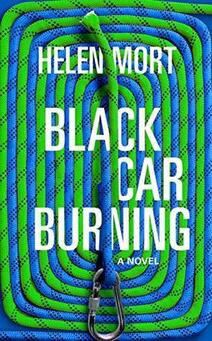
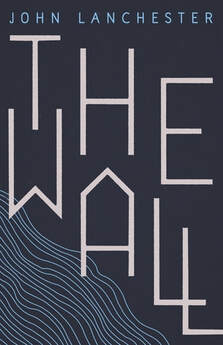
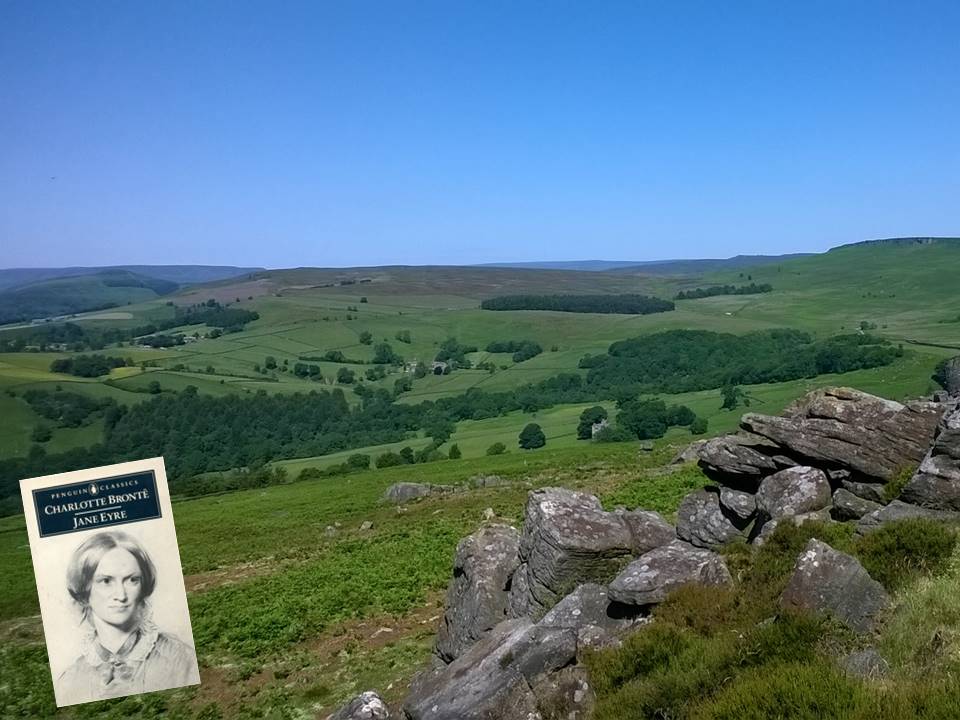
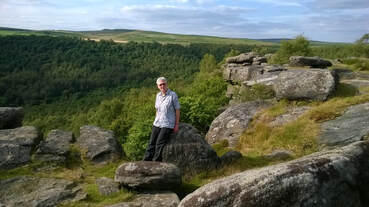
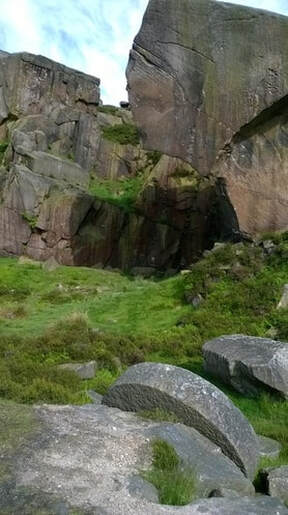

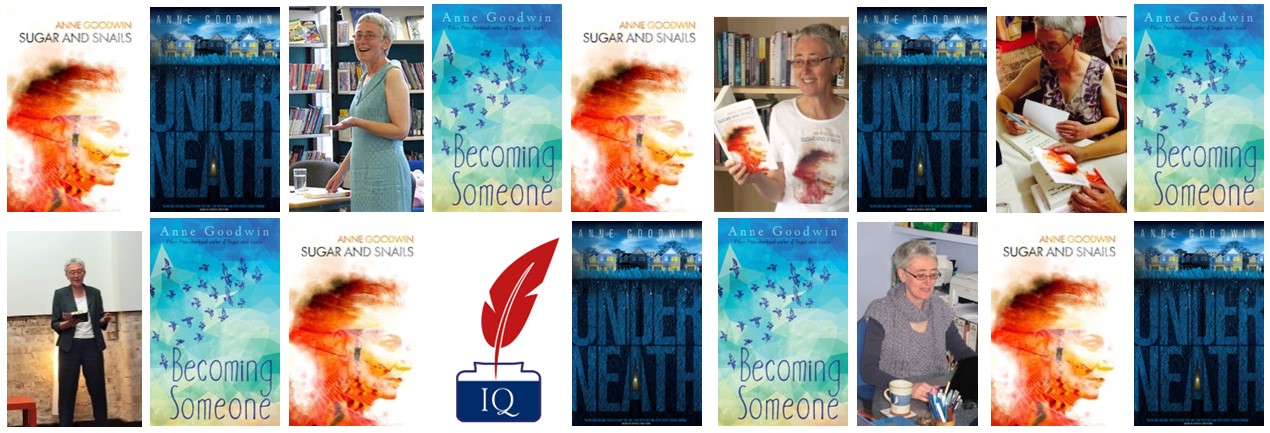





















 RSS Feed
RSS Feed





















